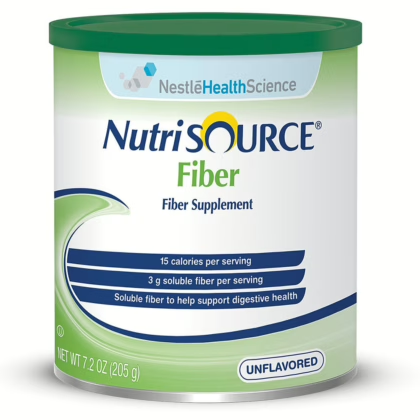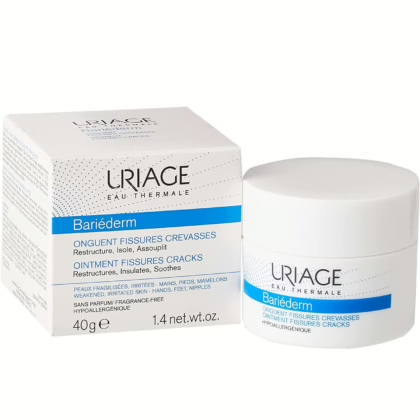
Eid al-Adha is a time for generosity, sharing meals with family and community…and let’s face it, enjoying some tasty dishes! But all that extra-rich food can put a strain on your digestive system. Making it a time for gut health problems. In this blog, we will discuss some tips for digestive health during Eid Al Adha.
By following these tips, you can help to keep your gut healthy during Eid Al Adha and all year round.
Here are some tips for maintaining digestive health during Eid Al Adha:











